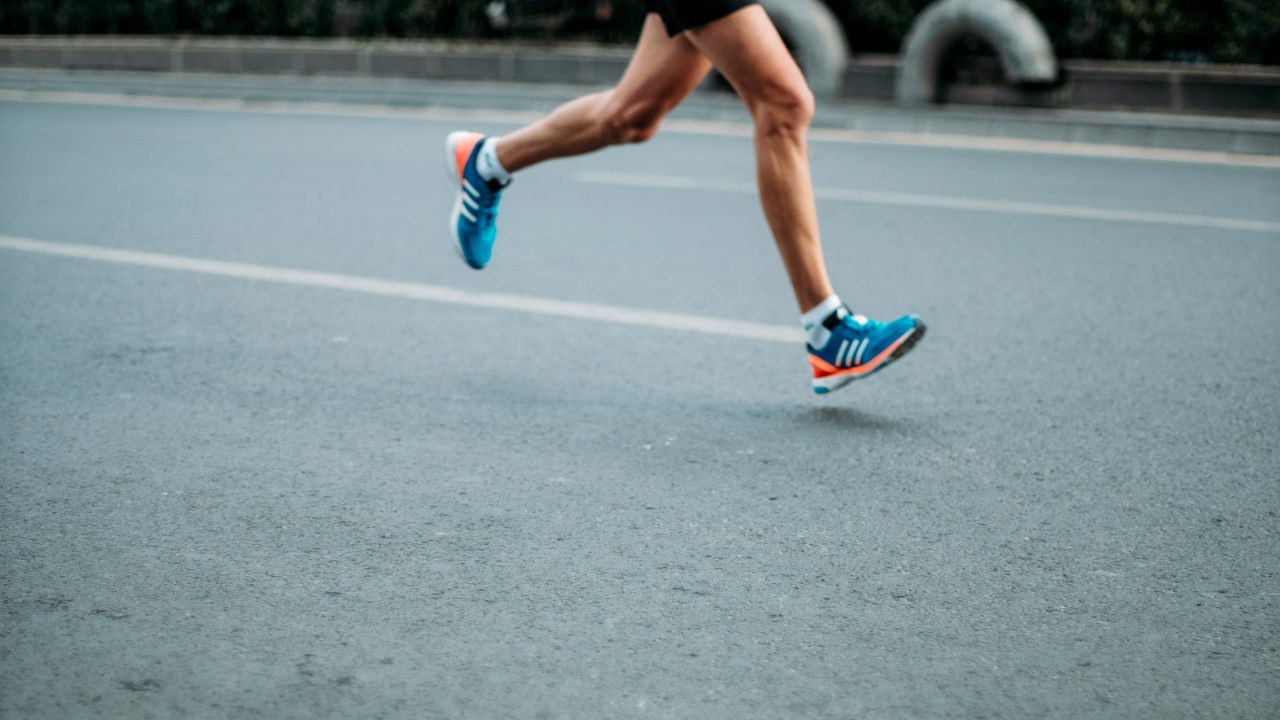

The London Marathon is approaching faster than expected, with the huge event taking place this Sunday. If you're taking part, you're probably set to go with the best trainers and best running watch, but have you considered how to best prepare your body beforehand?
From prepping your skin to making sure you consume the correct food beforehand, there are many things you can do that will ensure you perform at your best.
We've therefore spoken to a mixture of nutritionists and experts who have shared their advice on what you can do to support your wellbeing ahead of the marathon. Keep reading to find out what they said, and how their advice can help you.
1. Eat the right foods beforehand
We've spoken to the sports nutrition experts at Bulk who analysed the nutritional content of popular dishes to see which are the best for building muscle and helping with stamina. A spokesperson from Bulk commented: “It is important for athletes to get nutritionally rich meals, especially ahead of the London Marathon which requires a lot of physical, and mental, effort."
You should be aiming for ingredients such as onion, garlic and tomato. Not only are these a great base for most meals, they're a reliable source of B and C vitamins, all of which help different enzymes function and strengthen our immune system. Olive oil also has anti-inflammatory properties and have proven to be an excellent source of antioxidants.
If you're a snackish person, nuts are great for regulating biochemical reactions such as blood pressure, sugar levels and muscle function.
2. Apply SPF 50 in the morning
Whatever the weather is on Sunday, prepping your skin beforehand is crucial. Nicola Moulton, skincare expert at Beauty Pie, explains that sun damage can lead to "dry, dehydrated and sunburnt skin in the short term and dark spots, loss of collagen and wrinkles in the long term."
Sign up to the T3 newsletter for smarter living straight to your inbox
Get all the latest news, reviews, deals and buying guides on gorgeous tech, home and active products from the T3 experts
"Even during the winter months, it’s important to wear a broad-spectrum SPF with high UVA and UVB protection on your face, neck and any skin that isn’t covered up when you’re running. Wearing extra protection like hats and sunglasses will also help to minimise your exposure to harmful UV rays,” explains Nicola.
3. Stay hydrated throughout
When running the marathon, it's extremely important to stay hydrated to replace any lost electrolytes. Make sure to consume a sports drink and food, such as gels and bars, as they provide a quick source of energy and essential electrolytes to keep you performing at your best.
You should aim to drink about 0.4 to 0.8 litres of sports drink per hour to stay properly hydrated and fuelled. However, it's important that this is spaced out to maintain your energy.
4. Consume protein afterwards
Protein plays a crucial role in the recovery process after running a marathon, especially as long distance running can cause microscopic damage to muscle fibres. Protein provides the building blocks (amino acids) necessary for repairing and rebuilding these damaged muscle tissues, aiding in muscle recovery, growth, and repair.
Sophie Gastman (ANutr), nutritionist at Innermost, recommends "consuming 20g of protein in the 1-2 hours after the event to help optimise muscle repair". Protein shakes are a super quick, convenient and tasty way to get the protein on-board for efficient and effective recovery.
5. Supplements!
Sophie also explains how nootropic supplements can "help exercise recovery through various mechanisms related to brain health, cognitive function, and overall wellbeing." Whilst their primary focus is on cognitive enhancement, some of their effects can indirectly support the recovery process after exercise by reducing inflammation, supporting cellular repair, and promoting restorative sleep.
Supplements such as The Relax Capsules are designed to help speed up physical and mental recovery, reduce inflammation and regulate optimal hormone activity, thus promoting a faster recovery period.

Lizzie is T3's Home Living Staff Writer, covering the latest in style, wellness and beauty tech. From skincare gadgets to vacuum cleaners, she's your go-to for trends and top recommendations.
When not writing, Lizzie enjoys mooching around Bath, spending time with loved ones, or testing her review units – often during an enthusiastic cleaning spree!
-
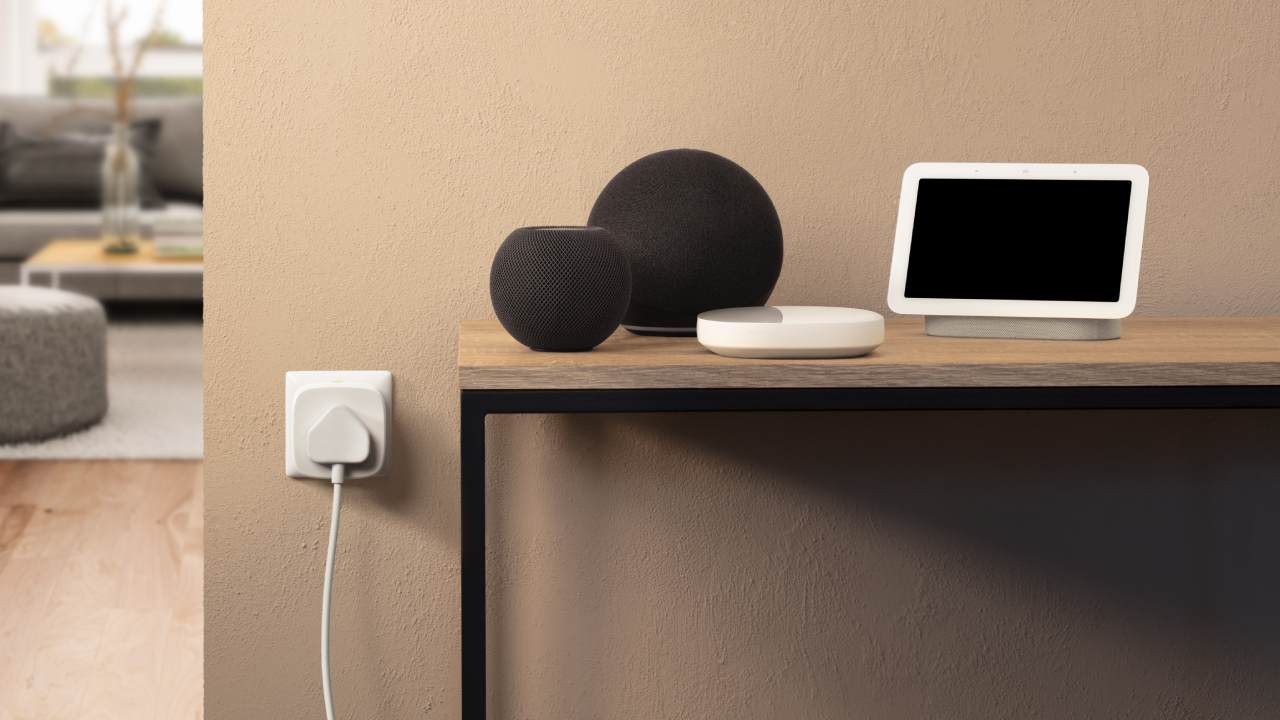 Eve’s smart plug gets impressive Matter upgrades – but I’m most excited about the app
Eve’s smart plug gets impressive Matter upgrades – but I’m most excited about the appEve Energy adds Matter support and an updated Android app
By Bethan Girdler-Maslen
-
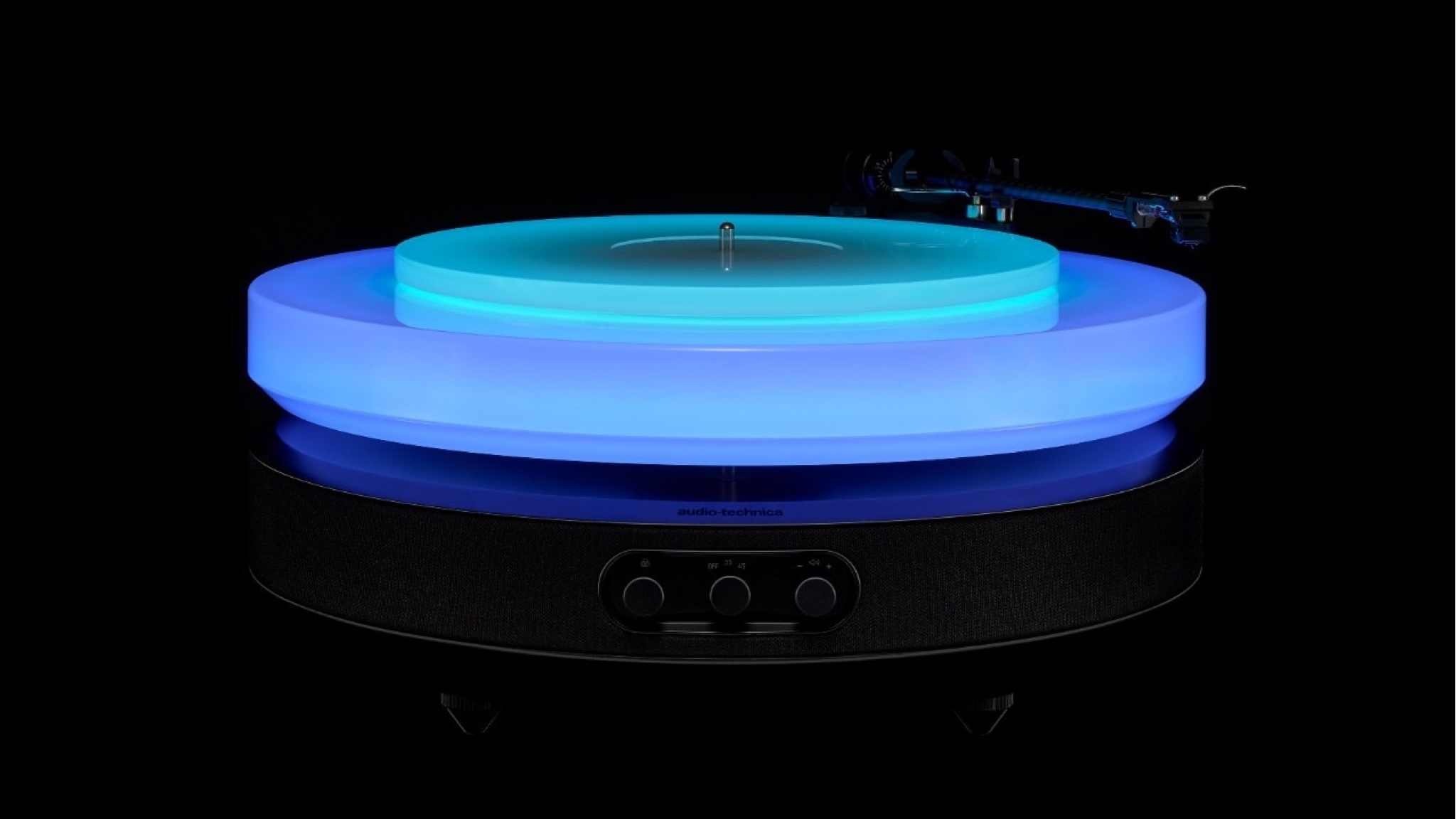 Audio-Technica’s latest luxury turntable will light up your life, and your records
Audio-Technica’s latest luxury turntable will light up your life, and your recordsThis strictly limited turntable is a feast for the eyes as well as the ears
By Carrie Marshall
-
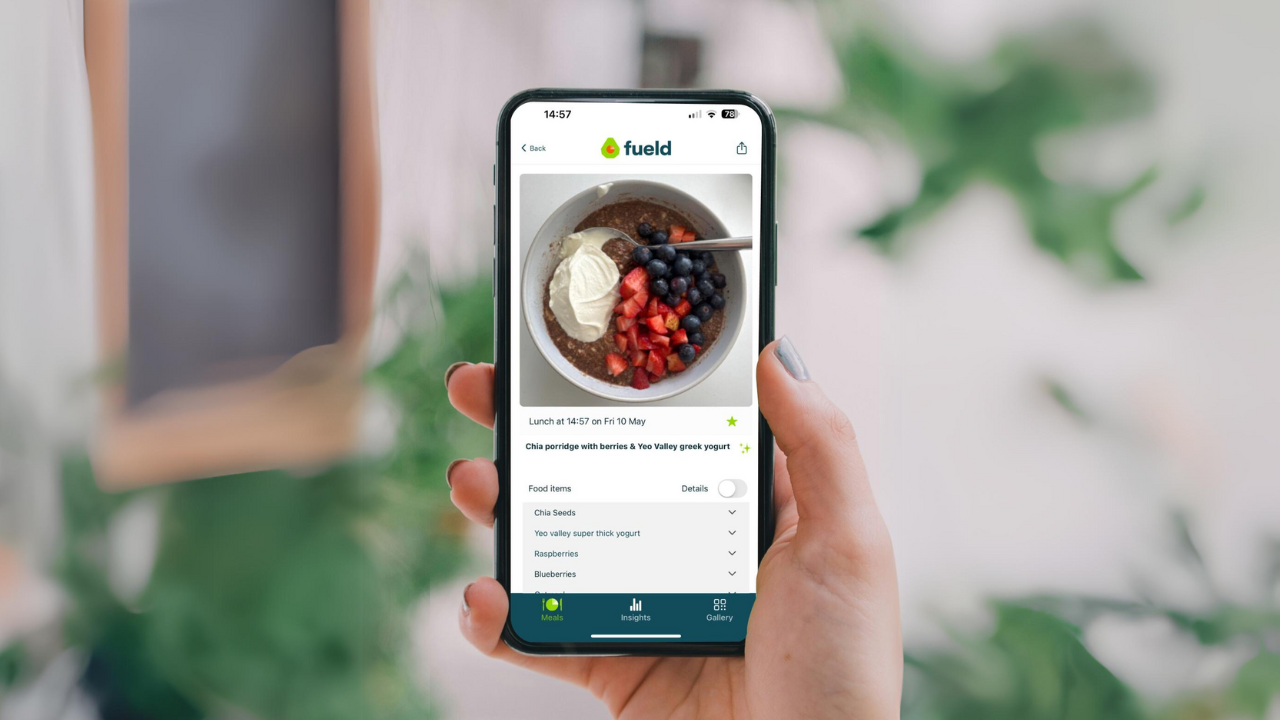 This AI food diary app can tell you the nutritional content of your food – with just one photo
This AI food diary app can tell you the nutritional content of your food – with just one photoOh, and it's free to use!
By Lizzie Wilmot
-
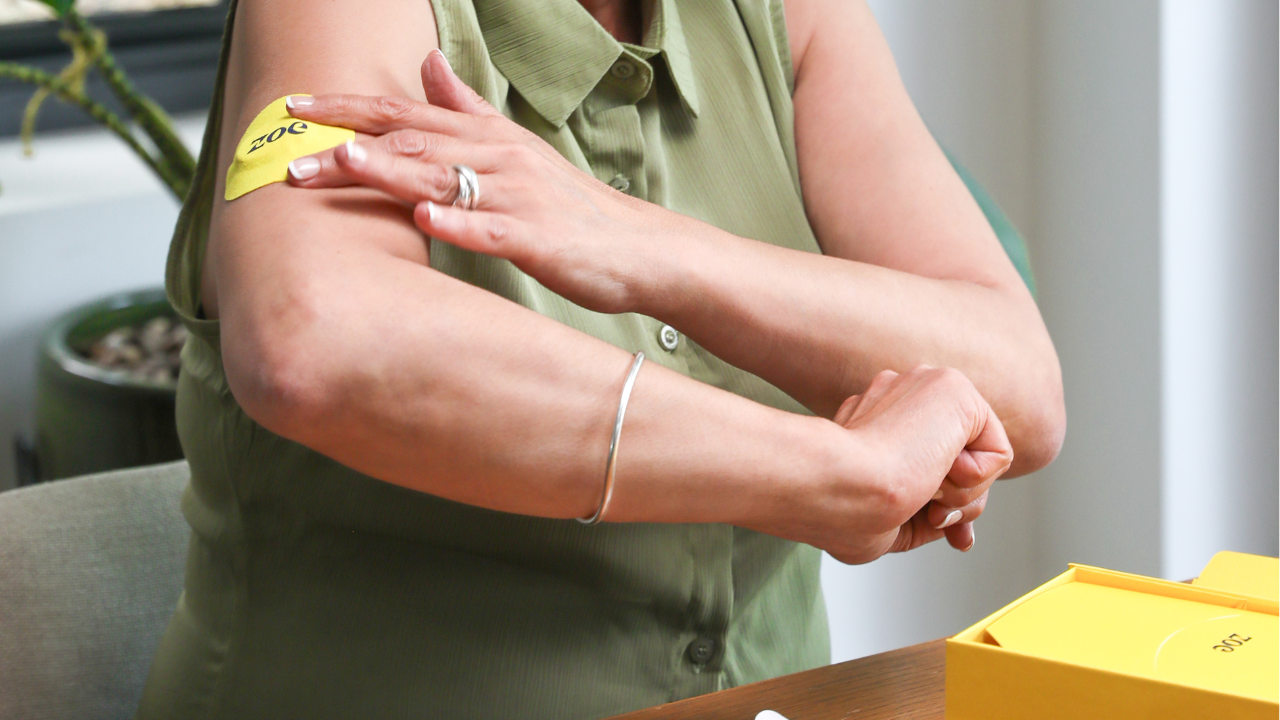 I tried the Zoe nutrition programme – it told me exactly what I was doing wrong
I tried the Zoe nutrition programme – it told me exactly what I was doing wrongIf you haven't heard of the Zoe programme, where have you been?
By Lizzie Wilmot
-
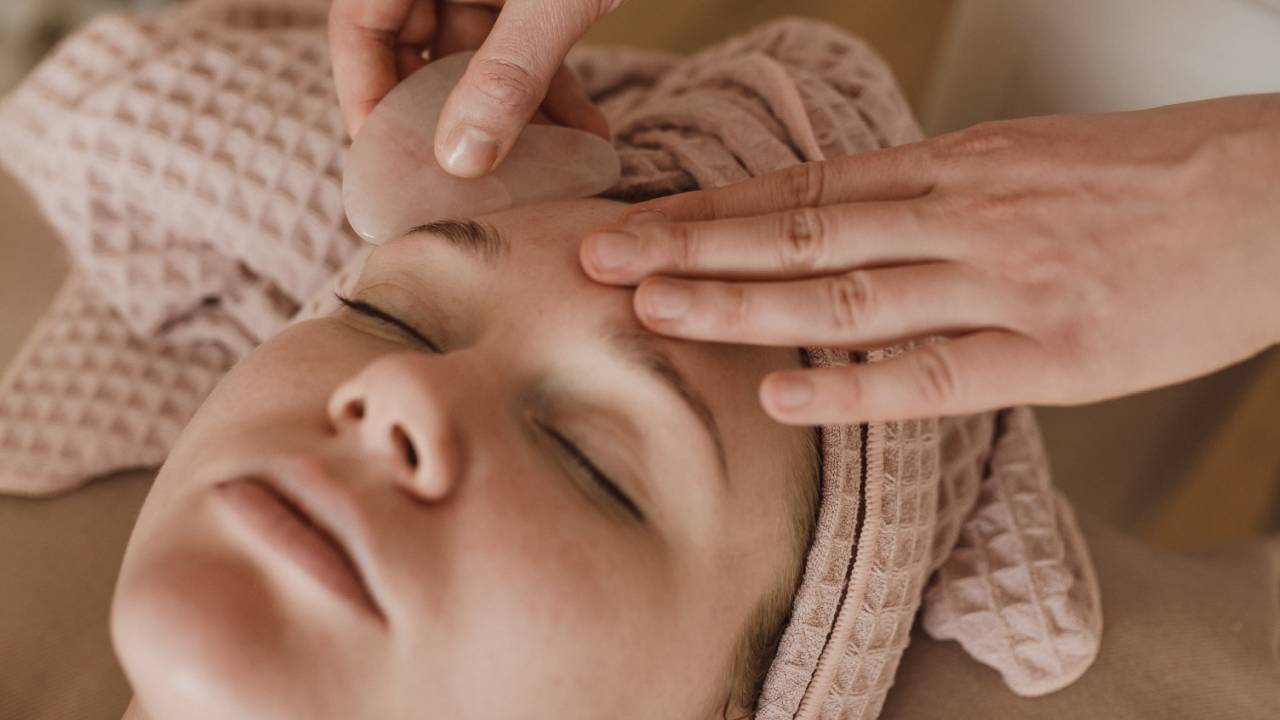 Try these 3 face yoga exercises for tighter skin and a healthy glow
Try these 3 face yoga exercises for tighter skin and a healthy glow3 exercises and 5 minutes is all you need to get started with face yoga
By Bethan Girdler-Maslen
-
 Arnold Schwarzenegger shares what he eats in a day and it may surprise you
Arnold Schwarzenegger shares what he eats in a day and it may surprise youIncluding his breakfast, lunch, dinner and cheat meal
By Bryony Firth-Bernard
-
 What time should you stop drinking coffee? It’s earlier than you think…
What time should you stop drinking coffee? It’s earlier than you think…When to stop drinking coffee for a good night’s sleep, science says
By Bethan Girdler-Maslen
-
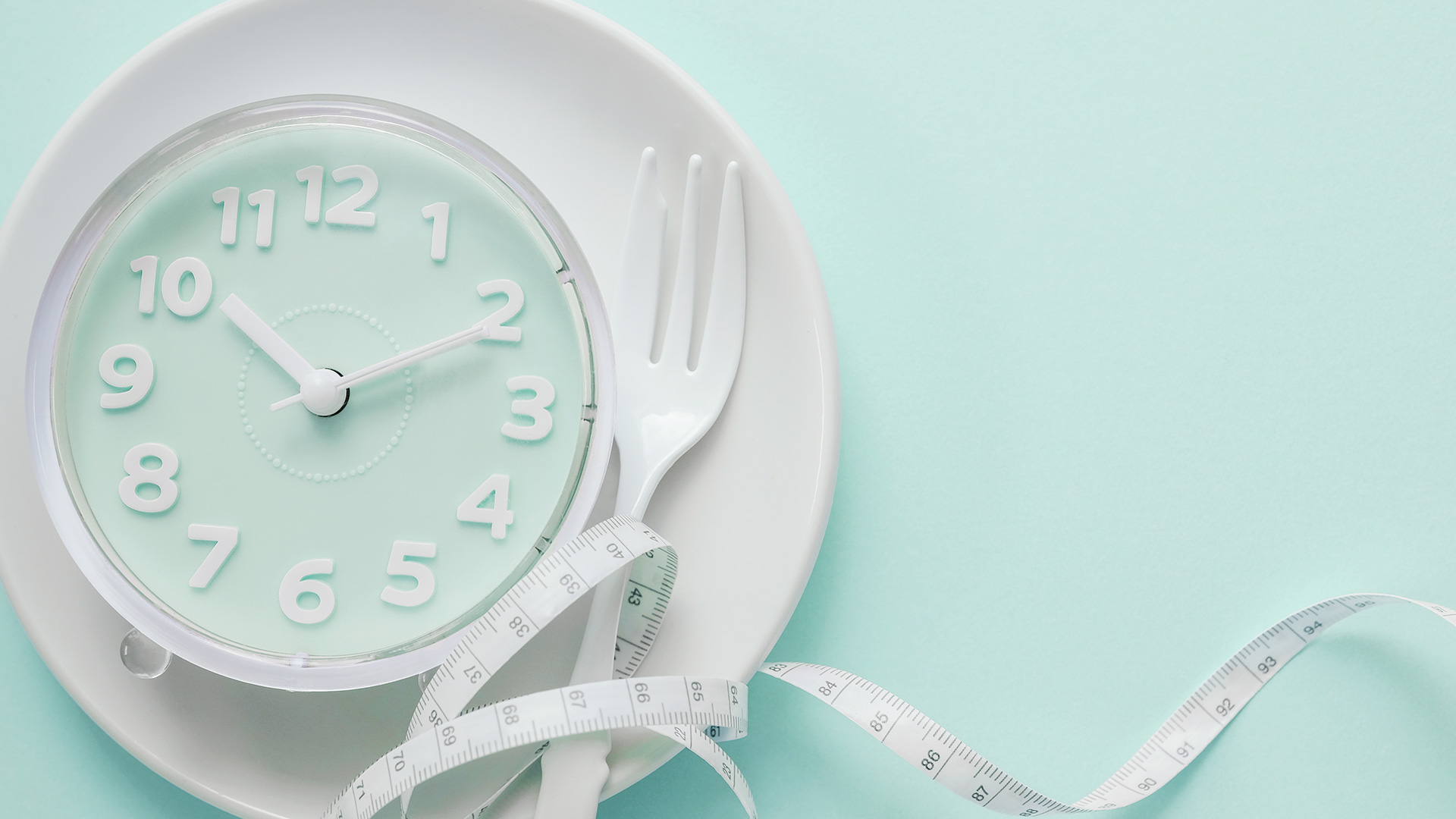 Skipping breakfast leads to muscle loss, new research reveals
Skipping breakfast leads to muscle loss, new research revealsYour fasting diet has some unexpected side effects
By Sagal Mohammed
-
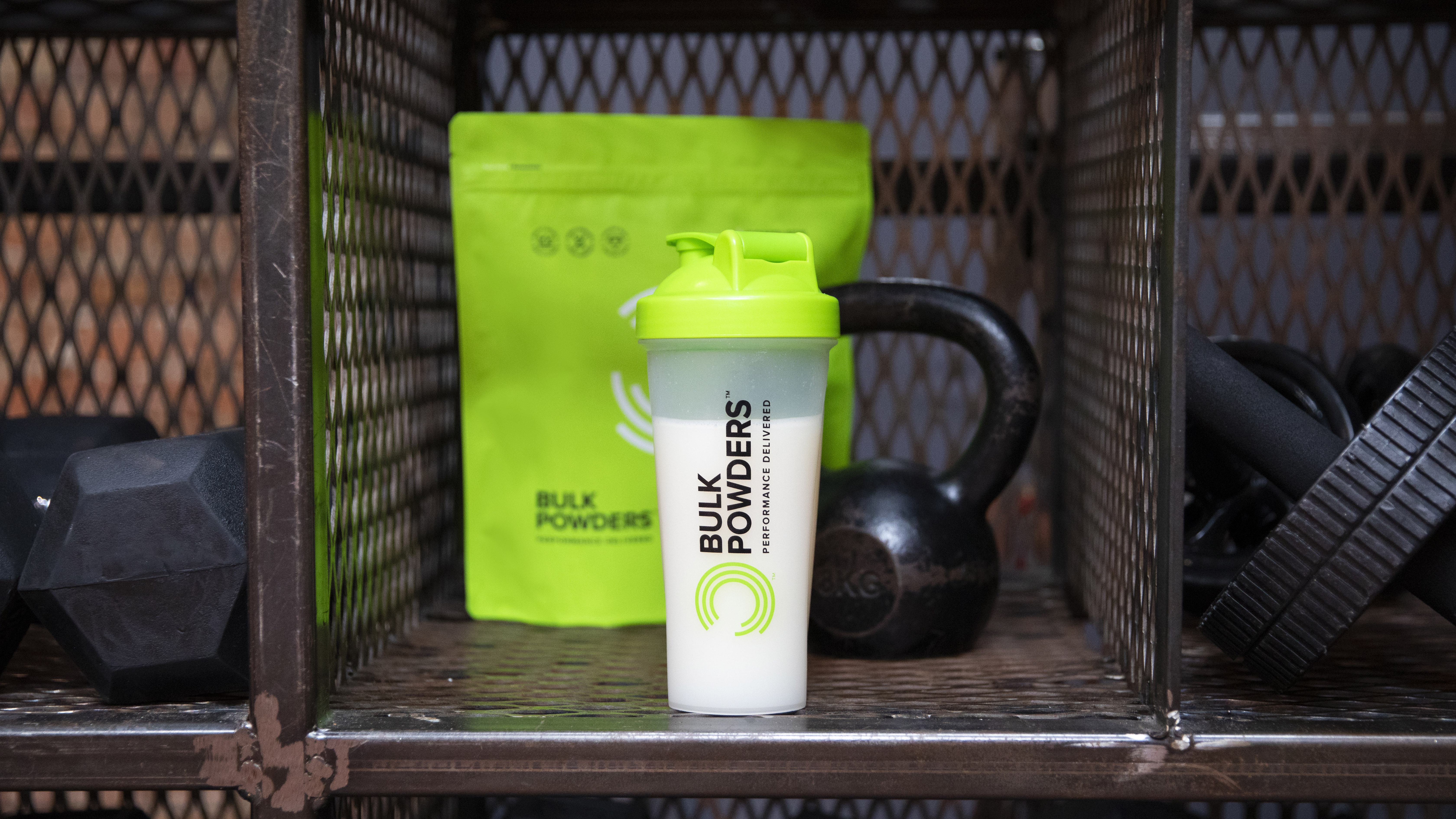 Bulk Powders keto shake is a low-carb, high protein drink that's also packed with good fat to make your keto diet easier
Bulk Powders keto shake is a low-carb, high protein drink that's also packed with good fat to make your keto diet easierIntroducing the UK's first keto protein shake
By Matt Kollat
-
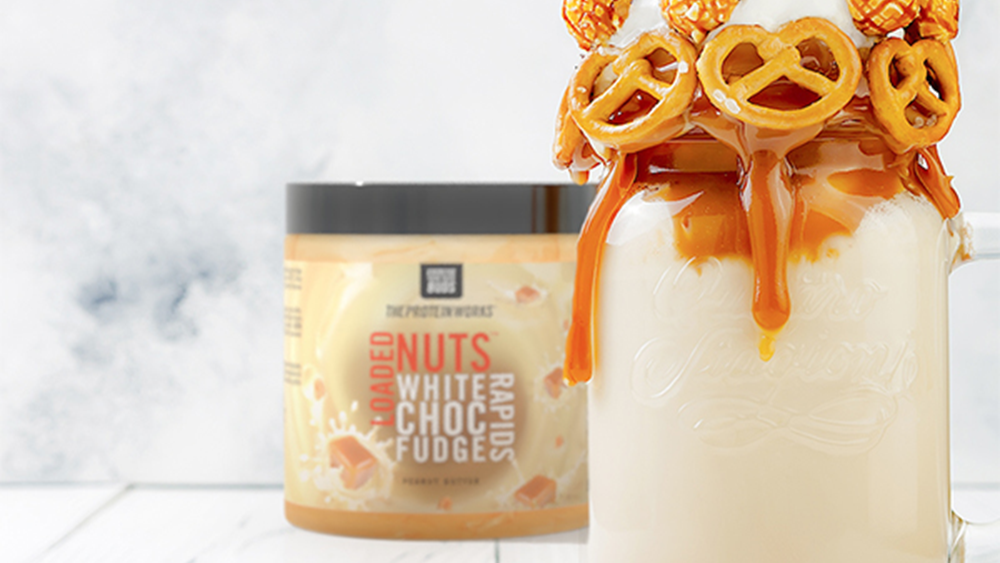 Best protein powder alternatives: We LOVE the new high-protein Loaded Nuts peanut butter
Best protein powder alternatives: We LOVE the new high-protein Loaded Nuts peanut butterNow with FREE DELIVERY for limited time only from from The Protein Works
By Matt Kollat